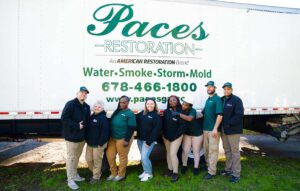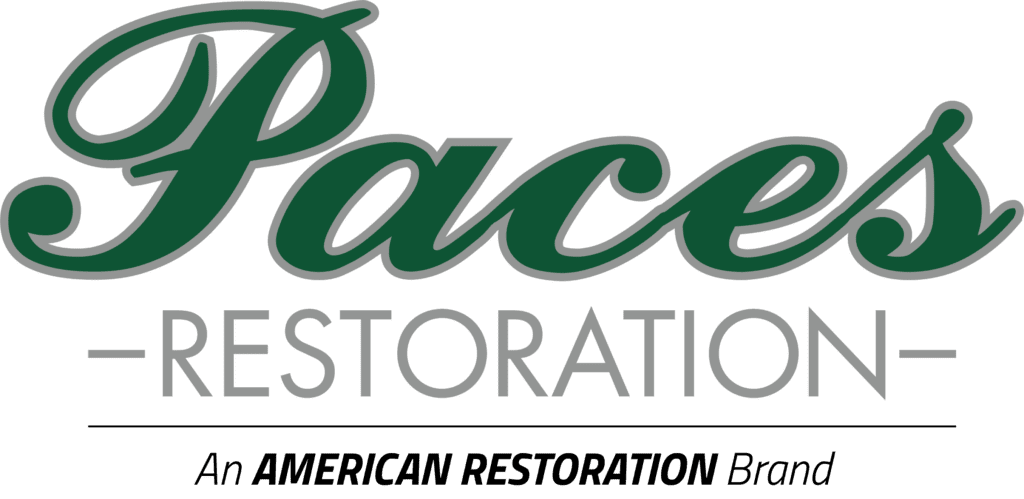When it comes to hiring a contractor for your restoration project, it’s essential to be vigilant and aware of potential warning signs that could indicate a less-than-reputable service provider. Here are five red flags to watch out for:
1. Requesting Payment Upfront
Be cautious of contractors who demand payment in full before any work has begun. A reputable contractor will typically work on a payment schedule tied to project milestones to ensure transparency and accountability. When reviewing contractors on the Better Business Bureau, the primary construction scam frequently reported by consumers is upfront payment. In this scheme, a contractor may justify the need to buy reconstruction materials and equipment upfront, requesting an initial payment of 30% – 50% of the total projected cost.
While this request may appear legitimate to most individuals, once the fraudulent contractor has received the payment, they may disappear with the cash! If they do proceed with the project, the quality of work delivered may be substandard, as they have already been compensated for their services. While legitimate contractors may request upfront payment, it typically does not exceed 10% of the total project cost or $1000, whichever is lower. Some states even mandate this practice by law. Equipment rentals are commonly managed through vendor credit and do not involve rental fees.
2. Misleading Permit Requirements
A permit is a mandatory requirement for any significant reconstruction project. Government and building authorities rely on permits to conduct legal inspections and ensure compliance with building codes and safety regulations. Without a permit, there is no official record of the work being done. In the case of smaller projects, an shady contractor may falsely claim that a permit is unnecessary to circumvent regulations.
Another common permit-related scam involves a contractor asking the homeowner to apply for a homeowner’s building permit, which misrepresents the actual party responsible for the work. This practice shifts the burden of addressing any safety concerns during inspections onto the homeowner, rather than the contractor.
3. Lack of Detailed Contracts
A reputable contractor will include all agreed-upon upgrades and repairs in a written contract. Conversely, a less trustworthy contractor may casually mention additional suggestions without documenting them. Consequently, the discussed “extras” may not materialize, and you may be asked for additional funds to complete them.
To safeguard against this type of deception, it is essential to ensure when hiring a contractor that all discussed details are clearly outlined in the contract before signing. If you identify any omissions, make sure to include them in the contract. Request the contractor to initial next to any additions, and add your initials for confirmation.
4. Unsolicited Appraisal Visits
While not a frequent occurrence, this scenario can arise during natural disasters. In such situations, a fraudulent contractor may exploit the visible repair needs of your home and unexpectedly present themselves at your doorstep. They may claim to possess extra materials and offer to address your issues at an unusually low cost.
It is advisable not to engage a contractor immediately. Legitimate contractors do not typically solicit business by showing up unannounced at your residence prepared to commence work. It is essential to exercise caution, conduct thorough research on potential contractors, and refrain from making hasty decisions or signing agreements with a company.
5. Excuses for Unexpected Issues
Contractors employing this deceptive tactic often implement it once the project is in progress or even nearing completion. Suddenly, the cost escalates significantly, citing unforeseen issues like structural concerns or interior damage.
While some of these challenges may be genuine, if you are uncertain, you have the right to engage an inspector from your local building department for an unbiased assessment. While such scams are not pervasive, it is prudent to be ready for emergencies such as fires, floods, or other natural disasters. At Paces Property Restoration, we are dedicated to providing top-notch restoration services for all types of disasters.
Stay Informed
By staying vigilant and informed about these common warning signs, you can protect yourself and your restoration project from potential risks and ensure a successful and satisfactory outcome. Remember to prioritize transparency, communication, and professionalism when selecting a contractor for your restoration needs. If you ever need advice regarding a property restoration project, call us!





